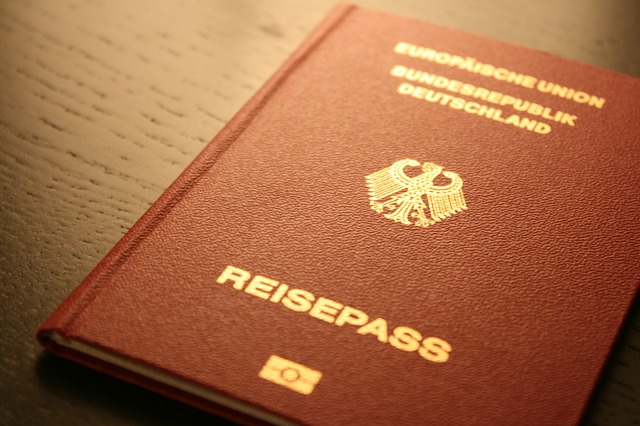The German Green Party outlines its immigration policy

Ahead of the general election in September, Germany’s opposition Green Party has called for a revamp of the country’s complicated immigration rules.
Like many other nations, Germany is facing a lack of skilled workers as a result of an aging labor force. The Greens propose launching a “talent card” to make it easier for skilled immigrants from outside the EU to enter the country.
Immigration is likely to be a hot topic in the run up to the election, due, in part, to the global refugee crisis. Since the start of 2015, more than one million refugees have entered the country, and Chancellor Angela Merkel has been criticized for her decision to open the country’s borders at the height of the crisis.
The Greens believe immigration should be based on a points system, with an independent commission to determine how many people should be let into the country each year and what criteria they should meet.
“Germany relies on immigration and needs an immigration law,” says Katrin Göring-Eckardt, Co-Chair of the Green Party’s parliamentary group. The talent card would allow highly qualified workers and their families to move to Germany without already having a job. They would then have a year to find a job, during which time no social services would be provided.
The party also aims to help asylum-seekers and those who have restricted residency rights to obtain a residence permit for work purposes if certain stipulations are met. Whilst the Greens believe immigration and asylum law should remain separate processes, a “lane change” must be made possible, suggests Göring-Eckardt.
In his World of Labor paper on the use of point-based systems in the management of immigration, Massimiliano Tani notes how “[a] point system using measurable criteria selects economically desirable immigration applicants and results in the orderly management of population growth, which can reassure the native population that immigration is being properly managed.”
Furthermore, Pieter Bevelander, writing for us about integrating refugees into labor markets, recommends improving the asylum and skill accreditation processes in order to reduce the individual and societal costs of integration.